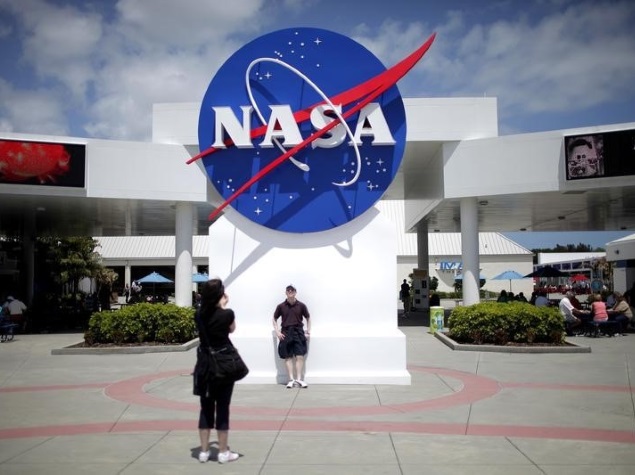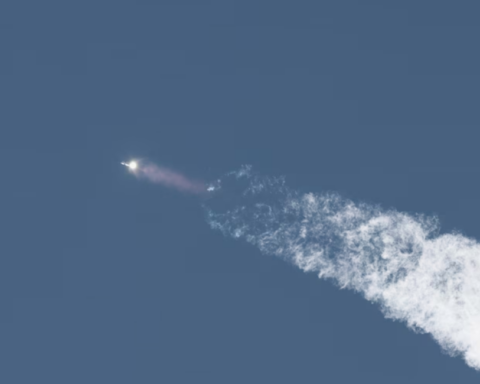The team in charge of the inquiry is recently working to quickly put the residual samples that will finally be transported back to planet Earth to provide important scientific insights.
As per a mission chief, a considerable fraction of the required composed mass is seen absconding.
OSIRIS-REx is set to arrive home in September of the year 2023, with a bit of luck, the largest sample returned from space (since the Apollo era) will help in unraveling the origins of the solar system.
The probe is supposed to have amassed about four hundred grams of fragments, which will be far more than the minimum of sixty grams needed.
The scientists have suspected that the lid for the collector at the end of the probe’s arm (where the fragments are being stored) has been somewhat jammed open by bigger rocks which has in return created a leak.
Image from NASA
5 to 10g have already been seen around the collection arm in a cloud lingering more or less in the nearby area due to the environment which has given microgravity making the fragments behave like fluids.
Although the bigger concern is the particles that are escaping.
Because of this, a plan to carry out a mass measurement has been annulled since it can risk smattering additional samples.
The task is now to lessen as much as possible the spacecraft’s activities and concoct to put the material in a capsule on the probe as fast as possible.
OSIRIS-Rex was launched more than 4 years ago which might be at risk of losing its treasure. However, the volume of the leak hasn’t been told yet but the experts seemed to be relatively confident that wouldn’t be the case.
“Bennu continues to surprise us with great science and also throwing a few curveballs,” Thomas Zurbuchen, a NASA associate administrator, said in a statement.
“And although we may have to move more quickly to stow the sample, it’s not a bad problem to have. We are so excited to see what appears to be an abundant sample that will inspire science for decades beyond this historic moment.”









